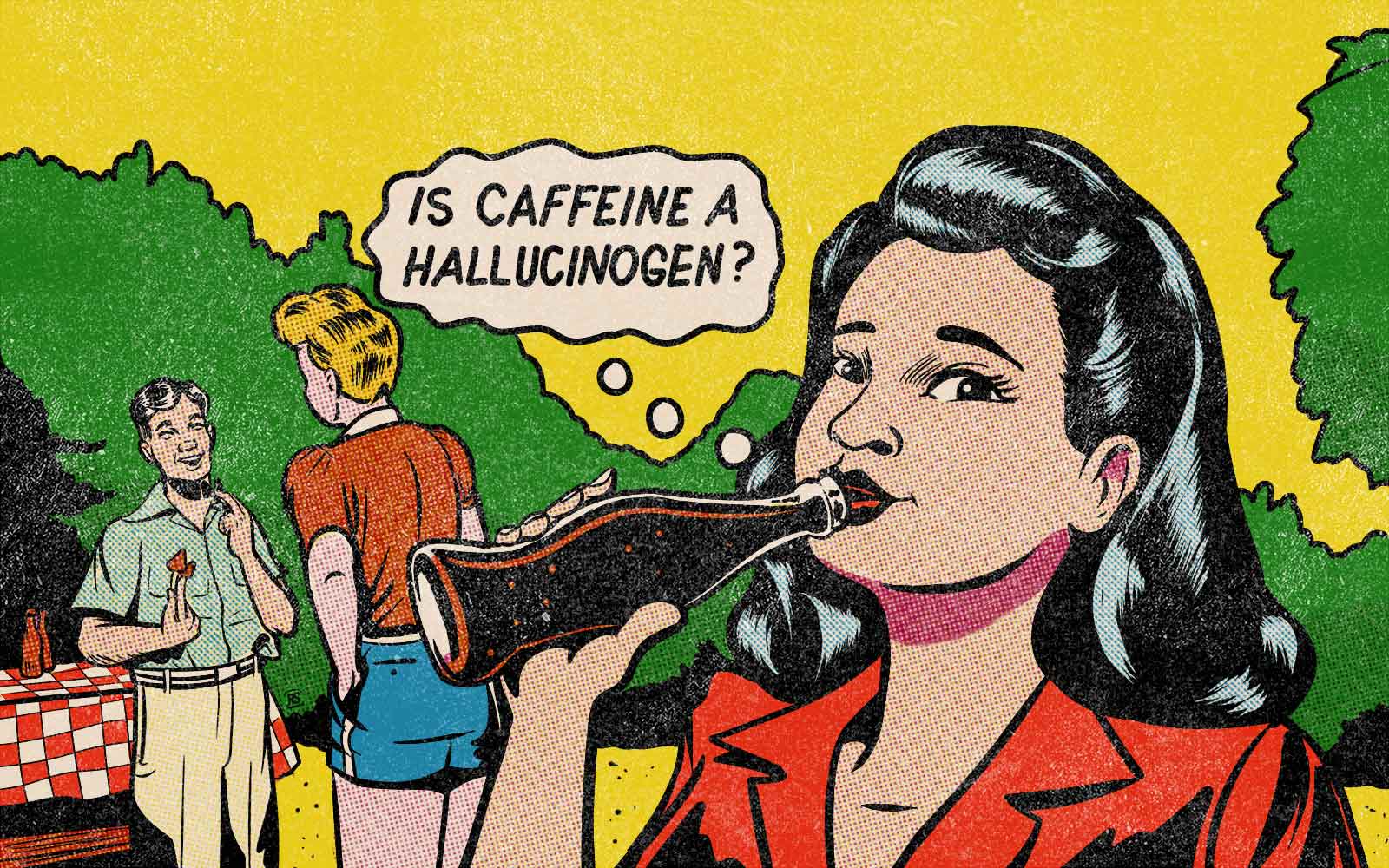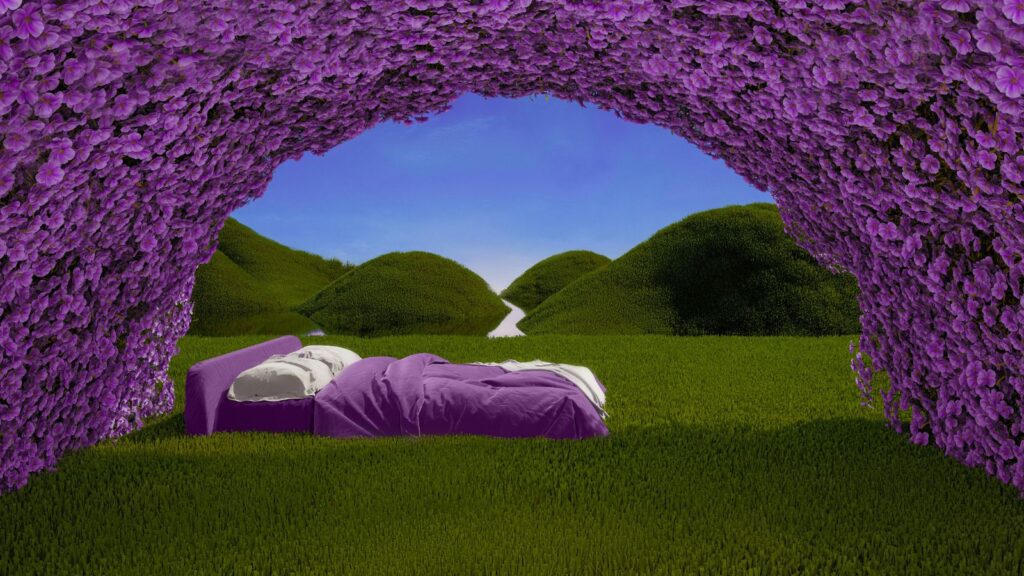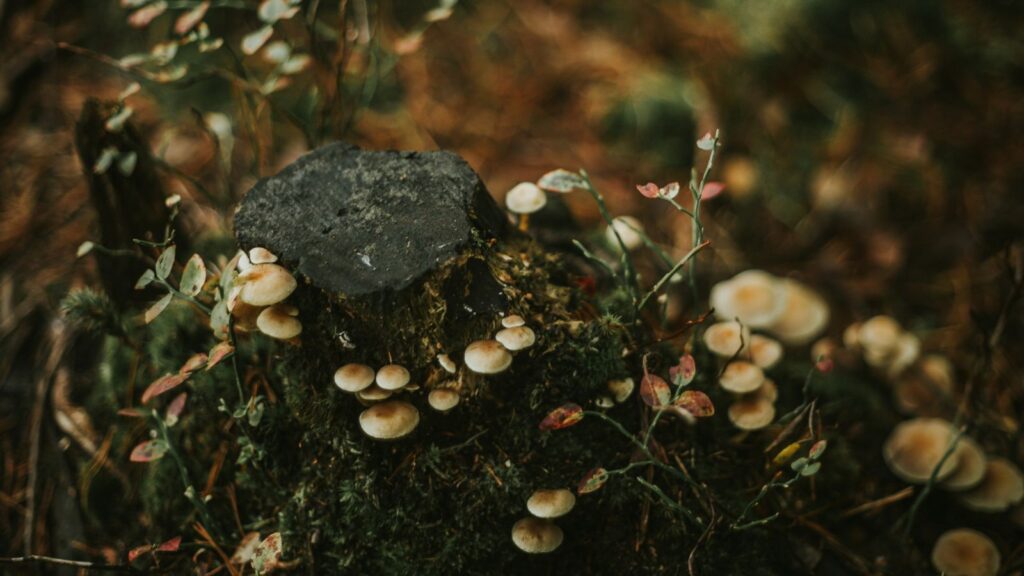Far and wide caffeine is one of the most widely used psychoactive substances. The messages that are being sent between the brain and body are accelerated when it is consumed. It alters the mind and affects how people feel and think. This is one of the reasons people love caffeine — it boosts their mood, takes away tiredness, helps concentration and increases alertness. Aside from improving mood or behavior, if caffeine is consumed in large quantities, it may very well cause hallucinations. So, is caffeine a hallucinogen? So, far research points to a yes.
How Is Caffeine a Psychoactive Drug?
Psychoactive substances, or psychotropics, refer to chemical substances that alter a person’s mindset. These substances affect the way the brain and nervous system function. A popular reason so many choose to use psychotropic substances is because it can lead to intoxication. These substances can affect a person’s mood, perceptions or consciousness. Psychoactive drugs interrupt the way neurons naturally communicate with each other. Taking these drugs in large or excessive quantities, consistently, can lead to short and long-term effects.
Caffeine is a type of psychoactive drug that has the ability to offset tiredness by boosting energy and improving focus and concentration. It is a stimulant and therefore it gives rise to the activity that goes on in the nervous system and the brain. It also increases the way adrenaline and cortisol are circulated in the body.
People all around the world have become reliant on caffeine because it serves as an aid that helps them function and performs their daily routines. If a person tries to stop using it after a long time it can become a challenge. If a lower dosage of caffeine is consumed many people can also suffer from withdrawal symptoms such as headaches, tiredness, insomnia drowsiness, anxiety, poor concentration and depressed mood all of which can last two to seven days or longer for some people.
Caffeine is naturally derived from the seeds, leaves and nuts of various plants but can also be manufactured in labs. It can also be found in many types of foods and refreshments such as coffee, energy and soft drinks, tea, chocolate and cocoa. There are certain medications and pain relievers that also contain caffeine.
Can Caffeine Cause Hallucinations?
Simon Crow of Australia’s La Trobe University says that those who drink five cups or more a day of coffee are at risk of experiencing hallucinations. Crow also said that in a study of people who consumed high amounts of caffeine it was found that they were more likely to see and hear things that weren’t there.
In a similar study, non-clinical participants were separated into highly stressful conditions and others to non-stressful conditions and also into low or high caffeine conditions.
The participants were informed to listen to white noise and to report every time they heard the song “White Christmas”. However, the song was never played during the white noise and yet the results showed that the intercommunication between stress and caffeine had an effect on how often the participants reported hearing the song. High levels of stress combined with high consumption of caffeine can lead to hallucinations. This study points out the necessity to be more precautious when taking this apparently harmless drug.
Another researcher Simon Jones conducted a study along with his colleagues to find the relationship between caffeine and hallucinations. He explained that when a person is stressed their body releases a stress hormone called cortisol. Consuming caffeine during that time can release even more cortisol. The extra increase in cortisol is believed to link caffeine intake with a propensity to hallucinate.
Mixing Caffeine With Substances
If caffeine is combined with other psychoactive drugs there is a possibility that the caffeine can increase the symptoms of those other substances. A popular mix among young people is caffeine and amphetamine-related drugs such as MDMA or methamphetamine. Research shows that when these mixtures take place, caffeine tends to heighten the risk of the more serious effects of amphetamine-related drugs including hyperthermia, seizures and tachycardia.
About ninety percent of North Americans alone will consume some form of caffeine on a daily basis, making it one of the most consumed psychoactive substances. To be on the safe side, it is best when consuming caffeine not to mix it with other stimulants as they are known to produce high blood pressure and an increased heart rate. A higher-than-usual caffeine intake leaves people more at risk of having hallucinations, although the chances of this are slim. A person will likely have to consume heavy amounts of caffeine before experiencing anything close to a hallucination. Have you experienced hallucinations from too much caffeine? We would like to hear about your experience.















